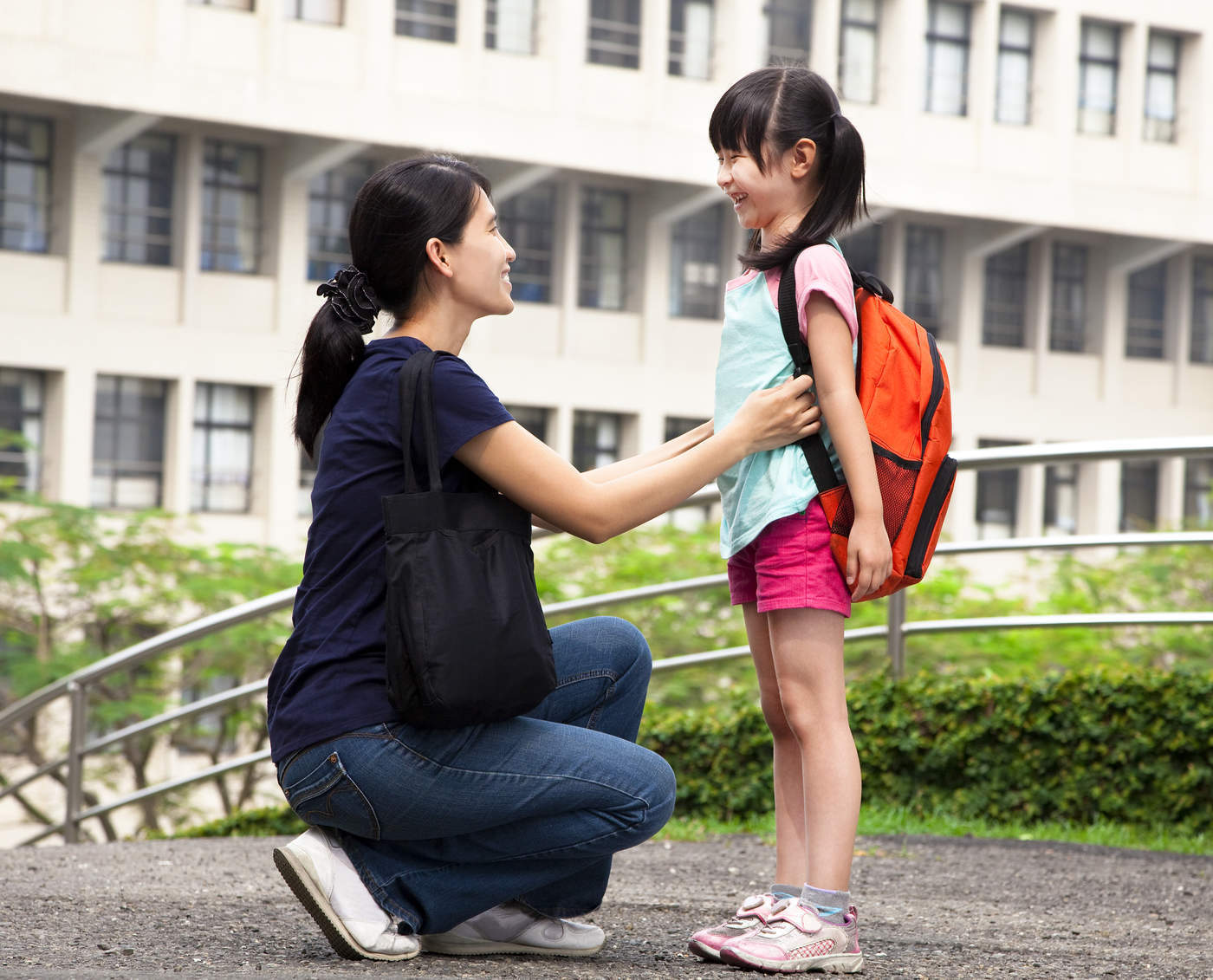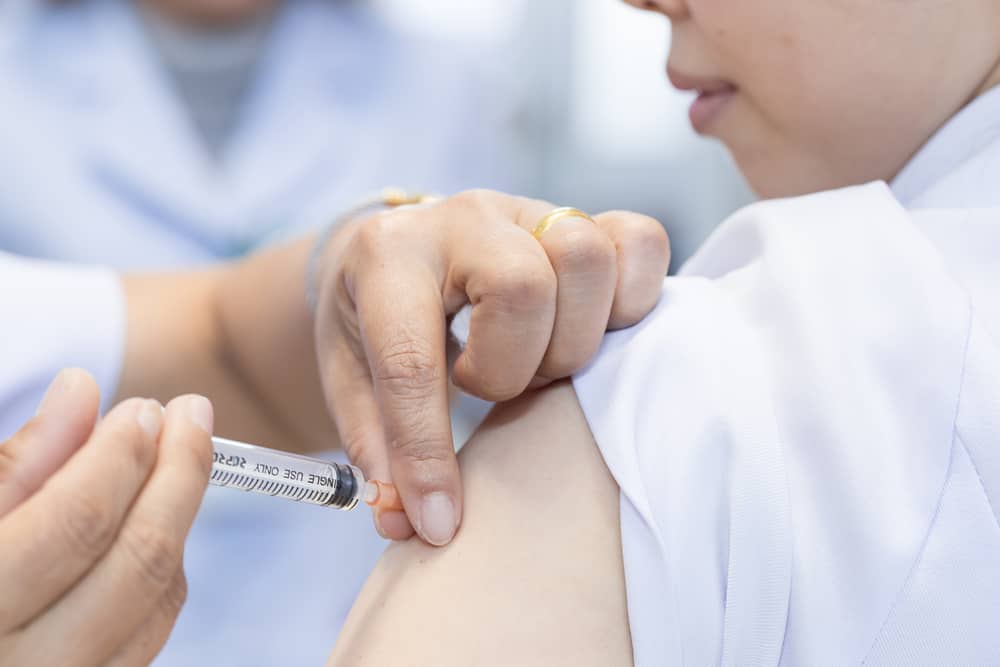Contents:
- Medical Video: RJ's Story: Back to School with Acute Lymphoblastic Leukemia (ALL)
- Communication with the child's teacher during treatment
- Back to school
- Help your child
Medical Video: RJ's Story: Back to School with Acute Lymphoblastic Leukemia (ALL)
Keep education as an active part of a child's life even though he has to undergo leukemia treatment. That way, your child will not be left too far. If you don't encourage children to attend school work, you will make it think school is no longer important. This can also make an implied message that there is no future, which can make your child sad.
Schools also have an important role in social development for your child. School is a place where children can socialize with friends, learn norms and social behavior, and interact with others. With the advice of a pediatrician, you can visit the child's class during the initial stages of treatment.
If your child needs to rest at home for some time, classes at home can be available for several hours a week. Your child's school will determine whether this can be done.
Communication with the child's teacher during treatment
Some teachers may not have experience with students who have cancer. Informing the teacher about the condition of child leukemia can help them understand and support the child's condition. This can make the teacher deal with your child's situation with positive results for your child.
Back to school
When your child is ready, he will go back to school part time or full time. Your child may feel anxious to go back to school after a long absence. He may also feel uncomfortable with changes in his appearance.
Elementary school children usually accept changes in children in physical appearance. They usually see it as something special and unique, and not a negative thing.
However, the pressure to be the same as friends is important as children grow up in high school. Middle school children interact with more teachers. Your child may be worried about missing lessons. This can be disturbing if the child is preparing to enter university. This means that the child will need adjustments to the plan. Setting expectations is part of understanding new conditions.
You can help communicate with teachers, counselors, or principals. Make sure they help their classmates understand how to behave with your child.
Help your child
You may need to be assertive when your child's transition back to school. If you feel your child does not get what he needs, talk to school. Sometimes schools have strict regulations because schools do not understand the implications of your child's leukemia. On the other hand, schools can be too relaxed and don't expect your child's academic development. You may need to meet with other teachers and staff to make sure your child learns optimally, and get the help your child needs.
Hello Health Group does not provide medical advice, diagnosis or treatment.












